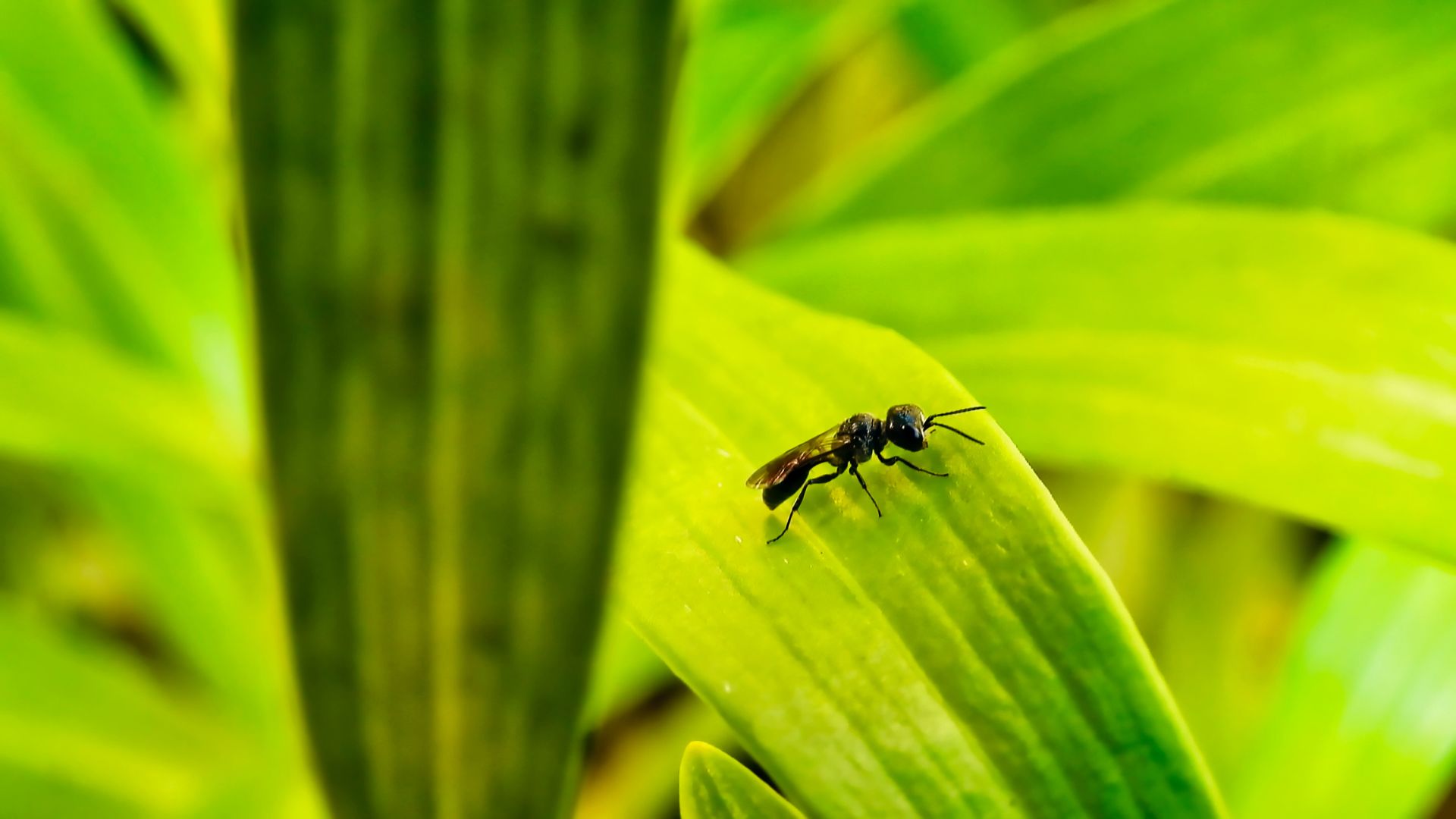
Diaa Bekheet from Getty Images via Canva
Tyson Foods Invests in Eating Bugs and Insect Protein
October 24, 2023
Tyson Foods, a major US meat producer, has announced its investment in Protix, a Netherlands-based company specializing in eating bugs and insect ingredients. The partnership between Tyson and Protix will not only see Tyson gaining a minority stake in Protix but also co-constructing a US factory to utilize animal waste for feeding black soldier flies. These flies will then be processed into fodder for pets, poultry, and fish. However, Tyson assured that the insect proteins will not be part of human food for now.
“Today, we’re focused on more of [an] ingredient application with insect protein than we are a consumer application.”
John R. Tyson, chief financial officer of Tyson Foods.
Insect protein has been touted as a sustainable food source, yet its usage is still not mainstream. However, recent trends indicate a growing interest in insect ingredients for animal food. According to a 2021 report from Rabobank, the demand for insect protein, particularly for animal feed and pet food, could rise to half a million metric tons by 2030, an increase from the current market size of approximately 10,000 metric tons.
While Tyson does not produce pet food, it sells its animal byproducts for use in the pet food and aquaculture market. The byproducts, which include animal fats, hides, and inedible proteins, are repurposed to prevent them from ending up in landfills. For instance, the stomach contents of processed cattle can be sent to a Protix facility, where it will be fed to insects.
This venture into insect protein production is viewed as “an extension of existing business” by Tyson, potentially boosting revenue by creating a larger market for animal byproducts. Meanwhile, experts believe reducing the environmental footprint of animal feed through insect protein can contribute to a more sustainable system.
John R. Tyson, the CFO of Tyson Foods, sees this as a natural extension of their existing business and a way to derive value from waste. He also highlighted the potential growth opportunities the insect ingredients market has to offer.
The demand for insect protein is growing rapidly, according to Christine Johanna Picard, a professor of biology at the Indiana University–Purdue University Indianapolis School of Science, and co-founder of the Center for Environmental Sustainability through Insect Farming. She stated that more startups are entering this space due to the increasing demand.
Eating Bugs to Help Save the Planet
Tyson Foods, a leading U.S. producer of meat, has invested in Protix, a Dutch insect ingredients manufacturer. The investment includes the construction of a factory that will utilize animal waste to feed black soldier flies, which are then turned into food for pets, poultry, and fish, in an effort to create a more sustainable food source.

Protix CEO, Kees Aarts, believes that their partnership with Tyson Foods will help scale their operations, highlighting the importance of such collaborations to accelerate sustainable solutions to a global scale.
Insect farming can contribute to more sustainable animal feed production by reducing the environmental footprint and waste. Insects require less space, consume waste, and help in waste management, a significant factor why insects can reduce the environmental burden created by traditional meat production methods.
According to Reza Ovissipour, an assistant professor in sustainable food systems at Texas A&M University’s department of food science and technology, the contribution of insects to waste management significantly eases the environmental burden imposed by traditional livestock farming.
The feeding process of insects, especially flies, involves consuming waste from various types of animals and converting it into a specific product, mainly insect protein or fat. This process simplifies the formulation of animal diets since they only have to deal with a single type of protein or fat, derived from insects.
Insects essentially act as “mini bioreactors” in this process, operating at a low cost and minimal energy input, which further bolsters the sustainability of this method.
Black soldier flies are particularly beneficial as they “can grow on almost every type of food waste and byproduct”, meaning waste management is significantly improved and the burden on the planet placed by agriculture and animals is reduced.
Recent News
NHTSA Investigates Tesla Autopilot Again After Recent Software Update
Tesla Autopilot is once again the subject of an NHTSA investigation.
Home Depot Holds Halfway to Halloween Sale: Skelly’s Back
It’s halfway to spooky season, and Home Depot is celebrating.
Kaiser Discloses Health Insurance Data Breach
Health insurance company Kaiser is notifying millions of its current and former members about a data breach. The breach occurred when Kaiser shared patients’ information with third-party advertisers like Google, Microsoft, and X (formerly Twitter).
Satirical Site The Onion Acquired by Global Tetrahedron
The satirical news website, The Onion, has been sold by G/O Media to a group of digital media veterans.

